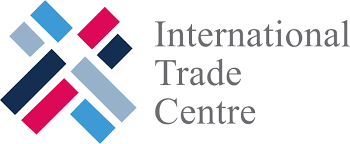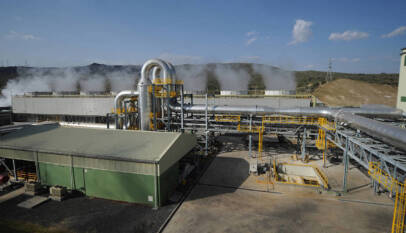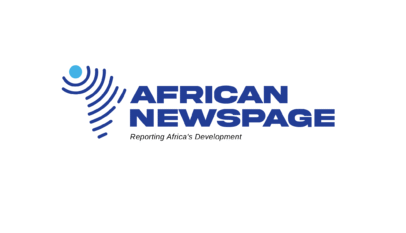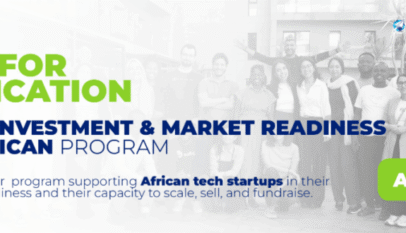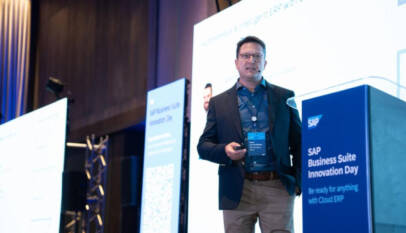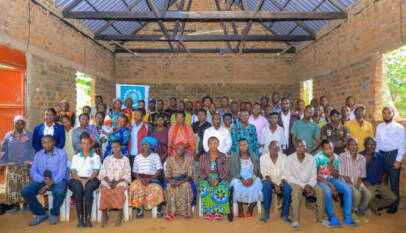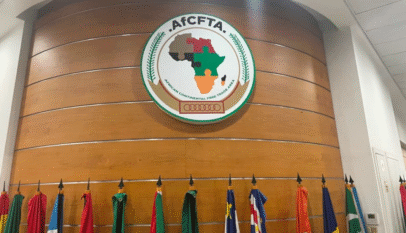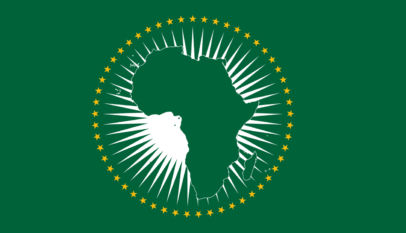€25m EU-Funded ATCMA-SADC Programme to Enhance Trade Competitiveness, Market Access
The Southern African Development Community (SADC), in partnership with the European Union (EU), the United Nations Industrial Development Organization (UNIDO), and the International Trade Centre (ITC), has officially launched the SADC component of the Africa Trade Competitiveness and Market Access (ATCMA) Programme.
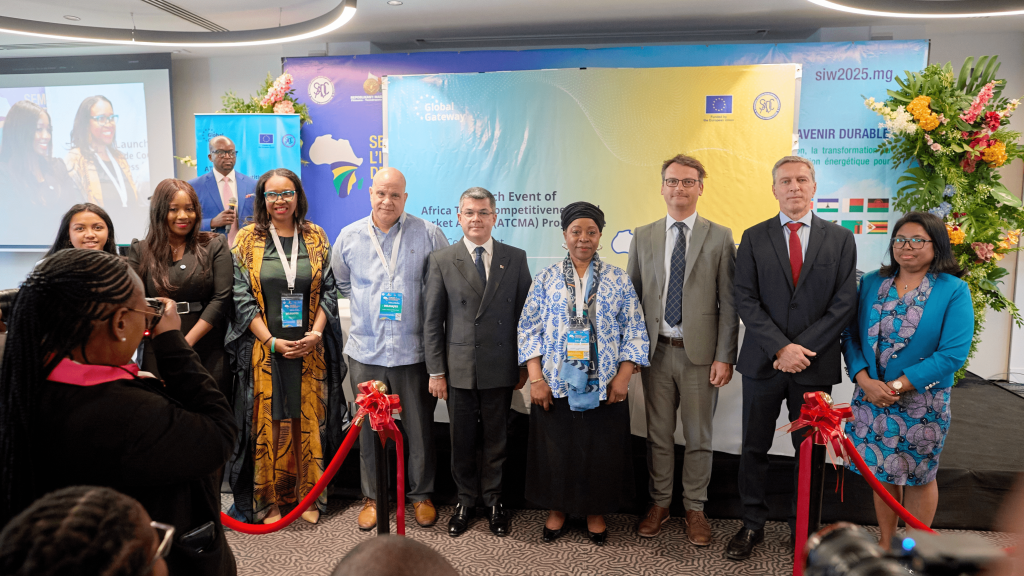
The €25 million EU-funded regional initiative is designed to enhance trade competitiveness, strengthen regional quality infrastructure, and expand intra-African and Africa–EU trade. The launch, held during the 8th SADC Industrialization Week (SIW), underscored the strategic alignment between economic transformation, regional integration, and the Africa–EU Partnership. It brought together senior government representatives, policymakers, private sector actors, and development partners alongside wide virtual participation across the region.
Driving Regional Trade and Industrial Competitiveness
Jointly implemented by the United Nations Industrial Development Organization (UNIDO), and the International Trade Centre (ITC), the ATCMA–SADC Programme aims to increase the competitiveness of Southern African small and medium-sized enterprises (SMEs) in high-potential value chains by improving market access, aligning products with international standards, and strengthening quality infrastructure.
The programme emphasizes support for women- and youth-led enterprises, fostering economic inclusion, improving access to finance, and promoting sustainable business practices. It also seeks to build fair, resilient, and sustainable supply chains while advancing Africa’s deeper integration into global trade.
The SADC component forms part of the broader €200 million EU-funded ATCMA umbrella programme, which also covers the Common Market for Eastern and Southern Africa (COMESA); Economic Community of West African States (ECOWAS); the East African Community (EAC); Economic Community of Central African States (ECCAS) – and one continental component, under the EU’s Global Gateway strategy.
Voices from the Launch
David Ralambofiringa, Madagascar’s Minister of Industrialization and Trade, said the ATCMA-SADC programme is an opportunity for us to strengthen the capacity of our SMEs to export, diversify, add value, and compete internationally. “It is not only about improving market access but also removing technical barriers, enhancing product quality, and supporting economic actors in the region.”
Angele Makombo N’tumba, Deputy Executive Secretary of the SADC Secretariat, highlighted the programme’s timeliness: “It comes at a crucial moment as SADC intensifies efforts to implement the SADC Industrialization Strategy and Roadmap (2015–2063). This initiative reflects our dedication to innovation, inclusivity, sustainability, and partnership.”
Catalin Gherman, Deputy Head of Cooperation of the EU Delegation to Botswana and SADC, said: “The ATCMA Programme reflects the depth of EU–SADC partnership and supports efforts to reduce market barriers, strengthen quality infrastructure, and develop value chains. It also contributes to the €150 billion Global Gateway Africa–Europe Investment Package, backing Africa’s green and digital transformation.”
Diego Masera, UNIDO Representative for Southern Africa, said: “This is a call to deepen regional integration, empower local industries, strengthen quality infrastructure, and create pathways out of poverty through inclusive and sustainable industrial development.”
Likewise, Escipion Joaquin Oliveira Gomez, ITC Director of Country Programmes said the programme offers “a strategic opportunity to empower small businesses to play a greater role in value chains, boost productivity, and drive the shift of SADC economies toward higher value-added goods.”
The ATCMA–SADC Programme reflects the joint commitment of SADC, the EU and its Member States, and the United Nations to advance regional integration, inclusive industrialization, and sustainable growth. It supports the SADC Industrialization Strategy and Roadmap (2015–2063), contributes to SADC Vision 2050, and aligns with the African Continental Free Trade Area (AfCFTA), the AU’s Agenda 2063, and the Sustainable Development Goals (SDGs).

